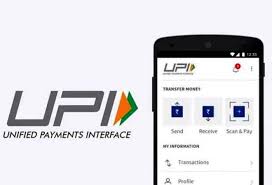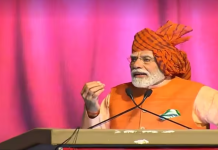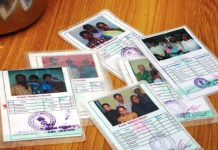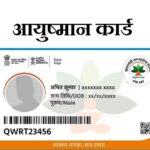Digital payment has become increasingly popular in India. With internet and smartphone penetration increasing in the country, digital transactions are becoming increasingly common, especially in urban areas. From digital wallets to UPI,
digital mode of payments is being adopted across the country. The government has also been relentlessly pushing towards a more digital/cashless economy.
In order to promote digital payments, National Payments Corporation of India (NPCI) has come forward to inform and make people aware of Unified Payments Interface (UPI). Note that UPI allows people to transfer money instantly from one bank account to another round the clock, on a real-time basis.
UPI transfers are instant and the user does not need to share credentials such as bank account details, branch name or IFS Code. An individual can use multiple bank accounts on a single app. UPI, which was launched in 2016, has grown faster than other modes of digital payment in India. However, digital payments frauds have also increased over time.
Here are some safety guidelines to avoid losing money while performing UPI and other digital transactions:
1. Do not share confidential details such as card number, expiry date, CVV, UPI PIN, OTP, with anyone. If you are asked to give such details by anyone pretending to be an official representative from the bank or any third-party mobile app, the chances are they are fraudsters so tell them to send you an official email. (Do not share your email ID as the bank or third party apps would already have your email ID in their records).
2. Respond only to emails from the official domain of your bank or the third-party app. Make sure to check each and every alphabet, digit in the mail ID as fraudsters are very good at making mail accounts which look and sound very similar to official mail IDs.
3. Various payments related apps warn you about spam numbers. If you are receiving a payment request from an unknown account, keep an eye out on the spam warnings and block any suspicious number to avoid losing money.
4. If you spot any suspicious accounts, block and report it to your bank. Make sure to report the account to the concerned authority as this will prevent various other people from falling for that trap.
5. Always buy products from reputed online merchants and marketplaces only. Transactions on trusted e-commerce platforms ensure your payments are safe. Make sure that the payment gateway is secure. Look for the lock symbol in the address bar to ensure your card details, UPI pin etc are encrypted and secure.















